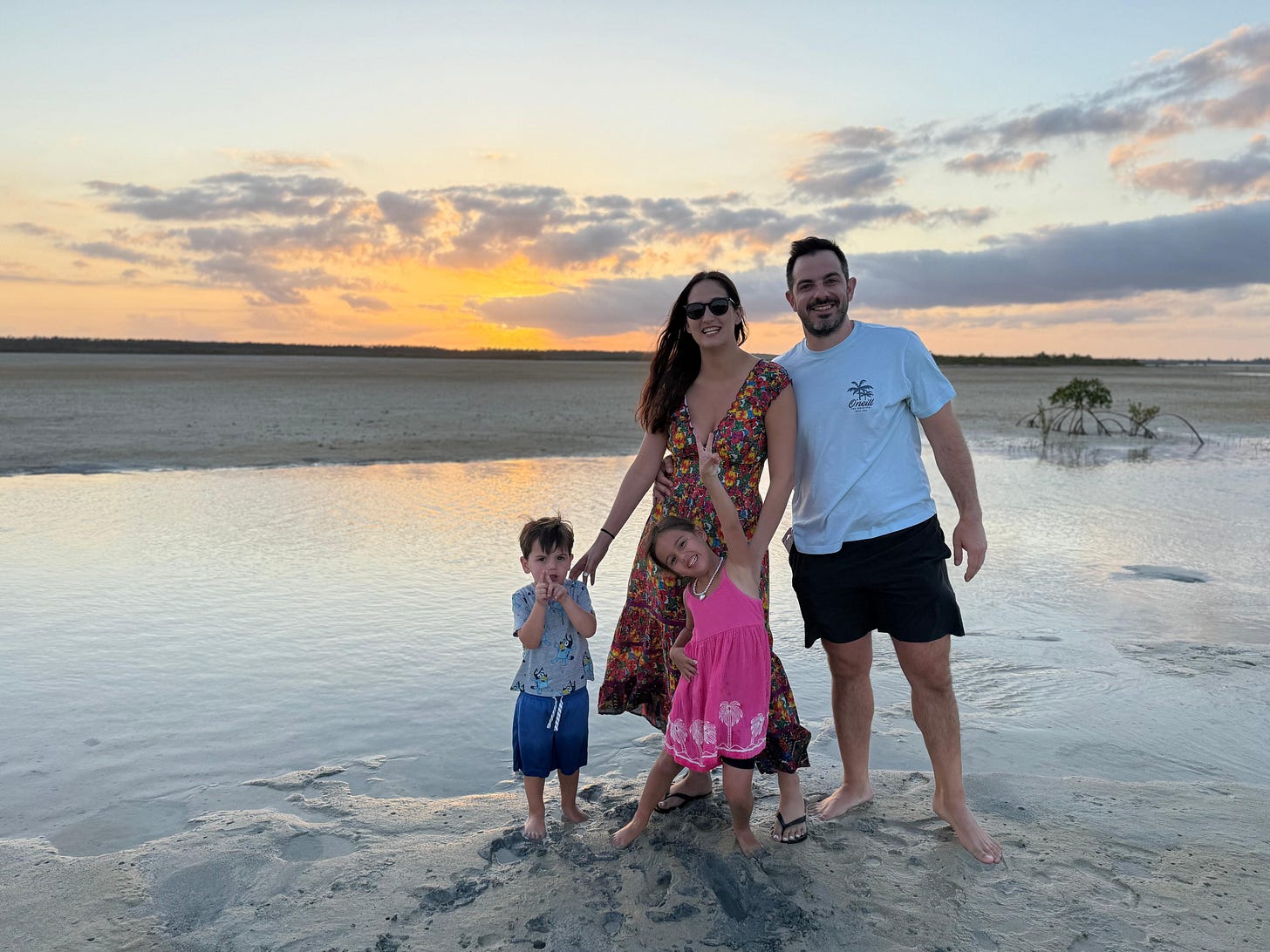You Have Time
Priorities, not productivity.
You have time.
That business you want to start.
Those pounds you want to lose.
That book you want to write.
That skill you want to learn.
You have time—but you’re not prioritizing it. That’s the truth.
This isn’t some “we all have the same 24 hours in a day” cliché. And I’m not here to tell you that time is your most valuable asset. You’ve heard all that.
This is about something harder: being brutally honest with yourself about what actually matters—and what you’re really doing about it.
Time is Not a Theory. It’s a Receipt.
If you keep a calendar (and if you don’t, start), try this: look back over the last 30 or 60 days. Literally audit your time. Where did the hours go? What did you say yes to? What did you protect? What did you ignore?
What you'll find is: your calendar tells the truth.
It’s not about what you say your priorities are. It’s about what your behavior shows. Your time is a mirror. If you say health matters, but you skipped your last three workouts, that’s a disconnect. If you say your kids are a priority, but they only get the scraps of your day—your leftover energy—that’s something to look at.
The gap between what you say and what you do? That’s where change begins.
Experiment with Your Priorities
I live a pretty structured life. I work during specific hours. I eat meals at certain times. I usually only drink alcohol on weekends—or not at all. I work out 3–4 mornings a week. That time is locked in my calendar. Nothing else gets scheduled over it. It’s sacred.
But even with all that structure, I still run experiments. Because habits don’t change with theory. They change with experience.
For example, I typically don’t drink in January. This year, I decided to extend that indefinitely—drinking only on truly special occasions. The result? Massive gains in focus, productivity, and clarity. One small experiment shifted a lot.
Another one: quality time with my kids. Not just “family time” in the general sense, but 1-on-1, intentional moments. I realized I wasn’t making that kind of time regularly, even though I said it was important. So I made it a priority. A solo trip with my son to Naples. An upcoming daddy-daughter camping weekend. Sometimes it’s just 20–30 minutes of focused time where I ask, “What do you want to do?” and say yes. That’s it.
It’s not about quantity. It’s about intention.
Build Your Priorities from the Top Down
Here’s how I think about priorities:
Long-Term: What do I want in 5–10 years?
Annual: What are the non-negotiables this year?
Quarterly: What do I need to accomplish to stay on track?
Weekly/Daily: What has to get done this week to make progress?
This kind of alignment doesn’t happen automatically. I take time at the end of every year to reflect and plan. You can read about it in my Annual Review—it’s one of the most important rituals I have.
If your long-term goals don’t match your daily actions, something’s off. And if you're not checking in regularly, you’ll drift.
A Well-Prioritized Day Feels Different
You know when you’ve had one. You’re not just productive—you feel energized. You got the right things done. You didn’t waste time reacting or putting out fires. You had time to eat well, move your body, connect with people you care about, and make progress toward something meaningful.
Even if something goes wrong—because stuff always goes wrong—a well-prioritized day holds up. It gives you a foundation to recover from chaos.
And if you fall out of sync? That’s okay. But reset quickly. Don’t let a bad day turn into a bad week.
Delegate and Buy Back Time
Delegation isn’t just an operational tactic. It’s a strategic tool.
Every hour you spend showing someone else how to take something off your plate buys you future hours to focus on what really matters.
Whether it’s a VA, a team member, or someone in your household—delegate with intention. Yes, it takes time to set up. But done right, it frees you to do the stuff only you can do.
Say No More Often
You’re going to have to say no to good things. Maybe even great things.
Why? Because every yes is a no to something else. And if you're serious about your real priorities, you have to protect time for them.
That might mean fewer social obligations, fewer random meetings, or less screen time. But what you gain in return is clarity, progress, and peace of mind.
You’re the Architect
You won’t “find” time. No one’s leaving extra hours lying around for you to stumble upon.
You make time by getting honest. You make time by deciding what’s non-negotiable. You make time by cutting the bullshit and designing your life around what matters.
You have time.




